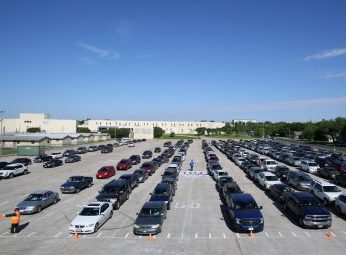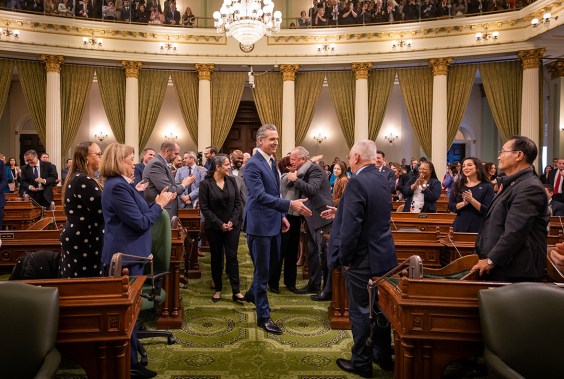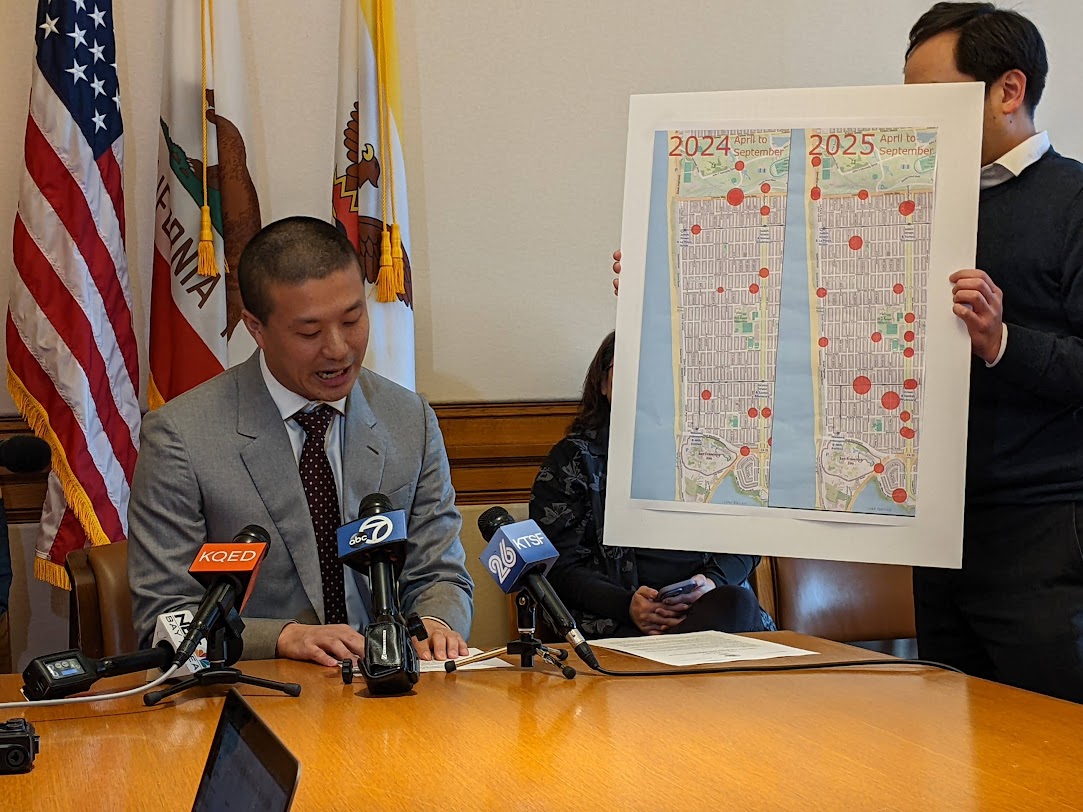Earlier this month, the California Air Resources Board (CARB) released its Draft 2022 Climate Change Scoping Plan, which is basically the state’s plan for how it will achieve its goals to reduce fossil fuel use and reach carbon neutrality by 2045.
The goals are laid out clearly in laws passed by the legislature, which left it up to CARB and its partners to figure out how to reach them. This updated scoping plan is the fifth such plan.
The update includes a number of controversial elements, such as a continued reliance on cap-and-trade, the system developed by CARB to put a price on emissions as a way to encourage industries to reduce them – a system that hasn’t worked out quite that way.
It also includes a heavy focus on carbon capture, relying on a combination of untested technologies and a new focus on natural lands – those forests that have been burning up at a frightening pace in recent years.
But, says the scoping plan, one of its major elements
is the aggressive reduction of fossil fuels wherever they are currently used in California, building on and accelerating carbon reduction programs that have been in place here for a decade and a half. That means rapidly moving to zero-emission transportation, electrifying the cars, buses, trains, and trucks that now constitute California’s single largest source of planet-warming pollution… It means providing our communities with sustainable options for walking, biking, and public transit so that people do not have to rely on a car.
UCLA Professor Donald Shoup has already submitted a comment pointing out one simple strategy that is missing from the Scoping Plan.
“In the ARB’s Draft 2022 Scoping Plan Update, the word ‘vehicle’ is used 255 times and the word ‘parking only once,” his letter begins.
[Streetsblog would like to horn in here to add that “electric vehicle” appears numerous times, but “bicycling” only a few, and “electric bicycle” exactly zero times. Like parking policies, bikes tend to get little attention as climate-friendly solutions, even though they are among the most effective strategies.]
Parking is Professor Shoup’s bread and butter, and his tireless engagement with the subject has won many over to the understanding of how supplying – and requiring – parking spaces has contributed to the enormous rise in vehicle miles traveled over the last half century.
“To remedy this neglect,” Shoup continues, “the Plan should recommend enforcing California’s parking cash-out law as a way to reduce vehicle miles traveled and carbon emissions. The Air Resources Board is the agency authorized by the Legislature to interpret and administer the parking cash-out law.”
California’s parking cash-out law requires employers of fifty or more employees to offer commuters the option to take the cash value of any parking subsidy offered if they don’t take the parking subsidy [Section 43845 of the California Health and Safety Code]. Because the law applies only to parking spaces that employers rent rather than own, the employer saves on paying for the parking space if a commuter takes the cash. The law requires regulated employers who offer free parking at work to treat all commuters equally, regardless of how they get to work.
Parking cash-out has two great advantages as a way to reduce vehicle travel and carbon emissions: efficiency and equity.
Efficiency. Case studies of employers who began to offer parking cash out found that vehicle travel to work fell by 652 VMT per employee per year. Carbon emissions fell by 800 pounds per employee per year (see pages 66–67 in Parking Cash Out). Compliance with California’s parking cash-out law provides many benefits at almost no cost.
Equity. Parking cash-out is a valuable fringe benefit mandated by state law. Failure to offer parking cash out thus denies transit riders a commuting subsidy, and most transit riders are people of color and poor. For example, 91 percent of L.A. Metro’s bus riders are people of color and their median household income is $15,600 per year. Some of these bus riders must be offered free parking at work but do not take it. One recent study found that in Southern California less than 1 percent of employers with more than 250 employees offer parking cash out. Parking cash out prevents any unintended bias in employer-paid parking.
The Air Resources Board is responsible for enforcing the cash-out law, and it has published an excellent guide for employers. In 2002, California’s Legislative Analyst audited the ARB’s treatment of the cash-out law and recommended the ARB should enforce it. The ARB did not follow this recommendation.
Disappointed that the ARB had not enforced the law, in 2012 the Legislature amended the cash-out law to give the ARB the authority to establish a penalty for violators. The ARB has not done so.
As a start toward enforcement, the Air Resources Board could begin by asking all employers of more than fifty people a simple question: “Does this firm comply with § 43845 of the California Health and Safety Code?”
This question would be easy for employers to answer because they can log onto the Air Resources Board’s website to check their compliance.
Asking employers whether they comply with the cash-out law is reasonable because failure to comply denies a state-required fringe benefit to employees who do not drive to work—most of whom are people of color and poor.
If being asked this question leads employers to comply with the law, it will reduce traffic congestion, air pollution, fuel consumption, and carbon emissions. At the very least, this proposed question will provide information on how many employers comply with the parking cash-out law.
Sincerely,
Donald Shoup
A public meeting to discuss the Scoping Plan Update will take place on June 23, where people can learn more about the plans and also weigh in with their own comments on how to make it better [PDF].
Learn more about parking cash-out at the federal level from the new issue of Transfers Magazine from the Pacific Southwest Region University Transportation Center.






